Contents
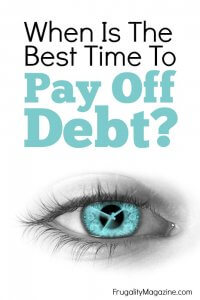
The question is really what’s holding you back? Why haven’t you started already?
Why are you reading articles on the Internet rather than sitting down with a calculator and your recent debt statements to create a plan of attack?
The honest truth is that when you’re drowning in debt there seems little difference between whether you start to pay down your debt now or whether you do it later.
It’s going to painful anyway, right?
And what difference is a few months going to really make to such a mountain? And besides, Christmas is coming so you won’t be able to pay off any debt that month. And then there’s that birthday. And you really need to get your car serviced.
The Perfect Time to Pay Off Debt
In case you haven’t guessed yet, the reality of the situation is that there really is never going to be a “perfect time” to start paying off debt.
There are always going to be a dozen reasons why you should wait another month or two until you “get serious” and knuckle down to the inevitable hard work.
There is a Chinese saying which goes something like this:
“The best time to plant a tree is 20 years ago. The second best time is today”.
In other words, the sooner you start to pay off your debt the better. The sooner you get started on your journey, the sooner you’ll reach the end – and the nirvana of a debt free life.
That said, there are some factors that I would suggest that you consider when it comes to deciding when to start paying off debt.
Large Upcoming Purchases
Some months will always be more expensive than others. For example even the most frugal individuals still typically spend more at Christmas. Then there are big things like wedding anniversaries, family parties and so on. All of these things will test your budget – possibly unfairly.
In time, as you become a die-hard budgeter you’ll find that such situations pose very few problems; they are easy to plan for and very rarely throw your budget off course.
On the flip-side, when you’re just getting started paying off debt they can throw a real spanner in the works. They can provide unnecessary challenges and encourage you to give up almost as soon as you’ve started.
As a result when it comes to choosing the best time to start paying off debt I would suggest that you think carefully about the near future. Consider the next few months and what large purchases may become necessary.
In an ideal world you’ll start paying off your debt at a time when there will be the least amount of distraction and temptation possible.
A time when you can go for some weeks – or even months – without worrying too much about over spending.
In doing this you’ll give yourself the best head-start possible, and then when temptation does finally rear its ugly head (as it will, eventually) you’ll be far stronger and more capable of dealing with it.
Emergency Fund Creation
A common question asked by people getting out of debt is whether an emergency fund is really essential. After all, wouldn’t it make more sense to invest all that “emergency fund money” into paying off your debt?
Here I would argue “no”, for a very similar reason to the one mentioned. Paying off debt is hard – especially at first – and so the fewer hurdles you have to jump over the greater your odds of success will be.
Having an emergency fund should therefore be considered a critical part of the debt repayment process. Possessing an emergency fund insulates you from surprise expenses that could otherwise halt your debt repayments and ruin your momentum.
Research Time
When you first start to pay off debt, the whole process can feel very “alien” and uncomfortable. Like adopting any new habit, the time you’re most likely to give up and go back to your old ways is in the first few weeks.
The longer you can stick to your new habit, the more likely you are to see it all the way through to the end.
To make it as easy as possible for you to make rapid progress – and so keep yourself motivated – it’s important that you have a plan in place.
You’ll want to know, for example, how much money you owe in total together with the interest rates. You’ll want to find out if there are any penalties for early repayments and you’ll need to understand how much of the principle you’ll be paying off.
From here you can put a plan in place of exactly how much money you’ll spend on debt repayments each month, and how this sum of money is going to be divided up.
This way you go into your debt repayment journey with a solid plan of attack – that you can monitor and measure along the way in order to keep you on the straight and narrow.
Therefore before you get started on paying off your debt I would encourage you to spend at least a few weeks reading blog posts and books and generally looking at your various options.
Take the time to create a plan based on what has worked for other people and you’ll be much better prepared than most other debtors.
Conclusion
The sooner you can start to pay off your debt, the better. After all, your debt is likely accruing interest all the time. Therefore the sooner you start to get out of debt, the cheaper it will be for you. Obviously by starting earlier you’ll also get finished earlier.
Equally, paying off debt takes effort and self-discipline. Like trying to quit smoking, the best idea when trying to adopt a new habit is to do so when the odds are in your favour.
That means that it can often be worth spending a little time in preparation in order to ensure you stand the very best chances possible of being successful at paying off your debt.
What motivated you to start paying off debt? Please leave your thoughts in the comments section below…


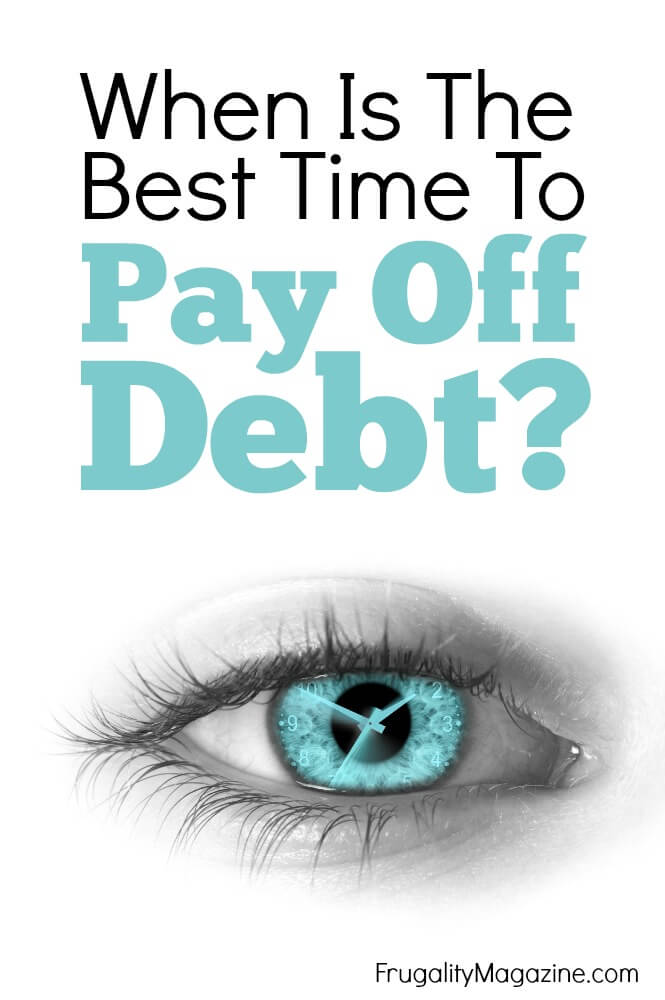
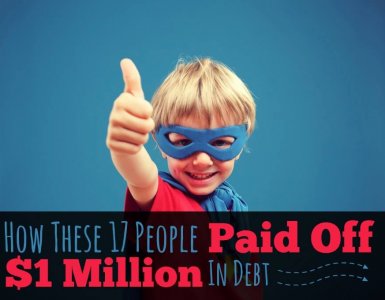
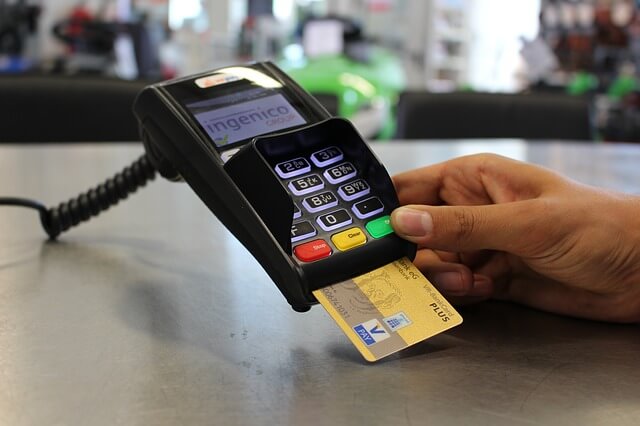
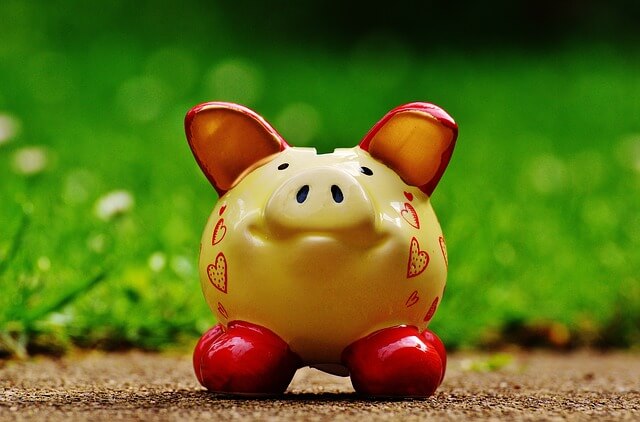
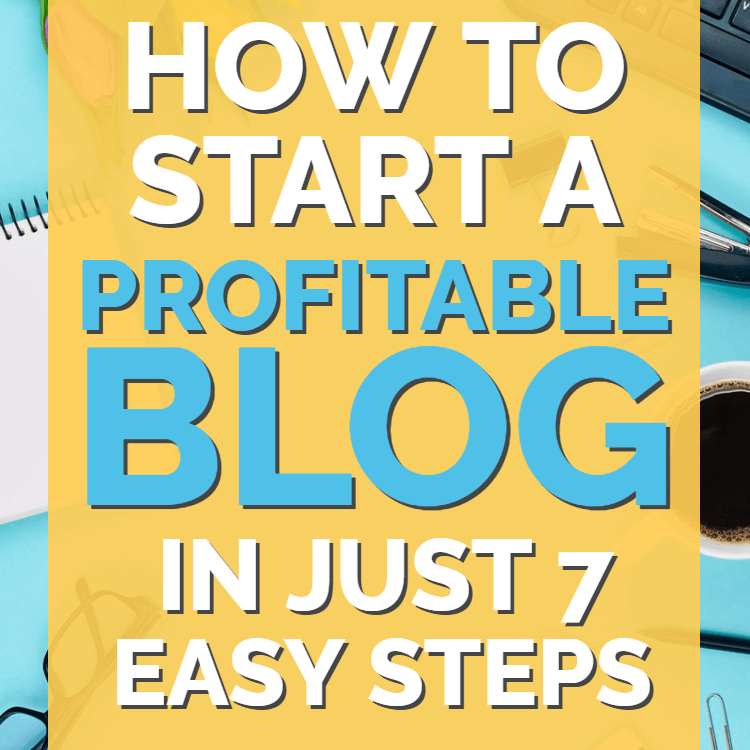

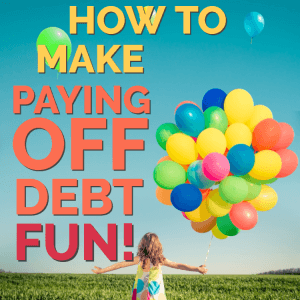
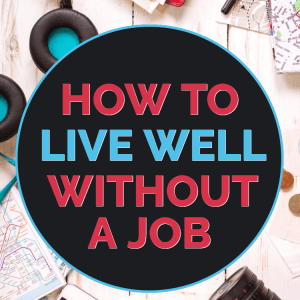
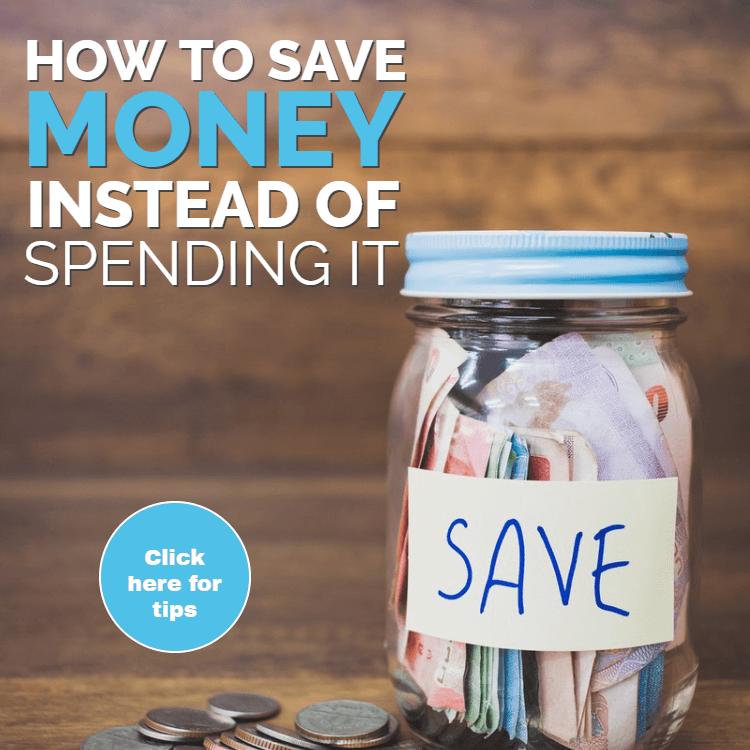
Add comment